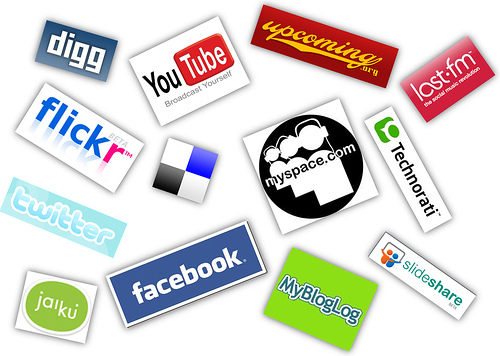 Every few years the Internet goes through a major change in order to progress and evolve into new standards and tools to help site owners, users, and web professionals find, connect, and share content.
Every few years the Internet goes through a major change in order to progress and evolve into new standards and tools to help site owners, users, and web professionals find, connect, and share content.
Initially, the web was pretty static, but over time more dynamic elements were introduced. Now we are the heels of another major transformation with the introduction of html5 and css3. Site owners, webmasters, and those that are concerned with website structure, SEO, and/or rankings will need to start looking at these elements as they will become standard soon and will most likely effect your rankings in the near future.
Let’s take a look at how things have evolved to get an idea of where they will go.


 In order to truly take advantage of these networks I think it’s a good idea to exchange one’s ideas freely across the networks at the same time. What this will do is make each site more relevant by making the content the driving force for one’s social persona. This means that because I’ve got all of my sites linked together I think twice before posting something that I don’t think is somewhat relevant or useful to the majority of people in my network, versus just socializing things because they are there. For example, I have a Digg, account, but I’ve got my Digg feed linked up to my Friendfeed, which posts to my Twitter, and then goes to my Facebook.
In order to truly take advantage of these networks I think it’s a good idea to exchange one’s ideas freely across the networks at the same time. What this will do is make each site more relevant by making the content the driving force for one’s social persona. This means that because I’ve got all of my sites linked together I think twice before posting something that I don’t think is somewhat relevant or useful to the majority of people in my network, versus just socializing things because they are there. For example, I have a Digg, account, but I’ve got my Digg feed linked up to my Friendfeed, which posts to my Twitter, and then goes to my Facebook.